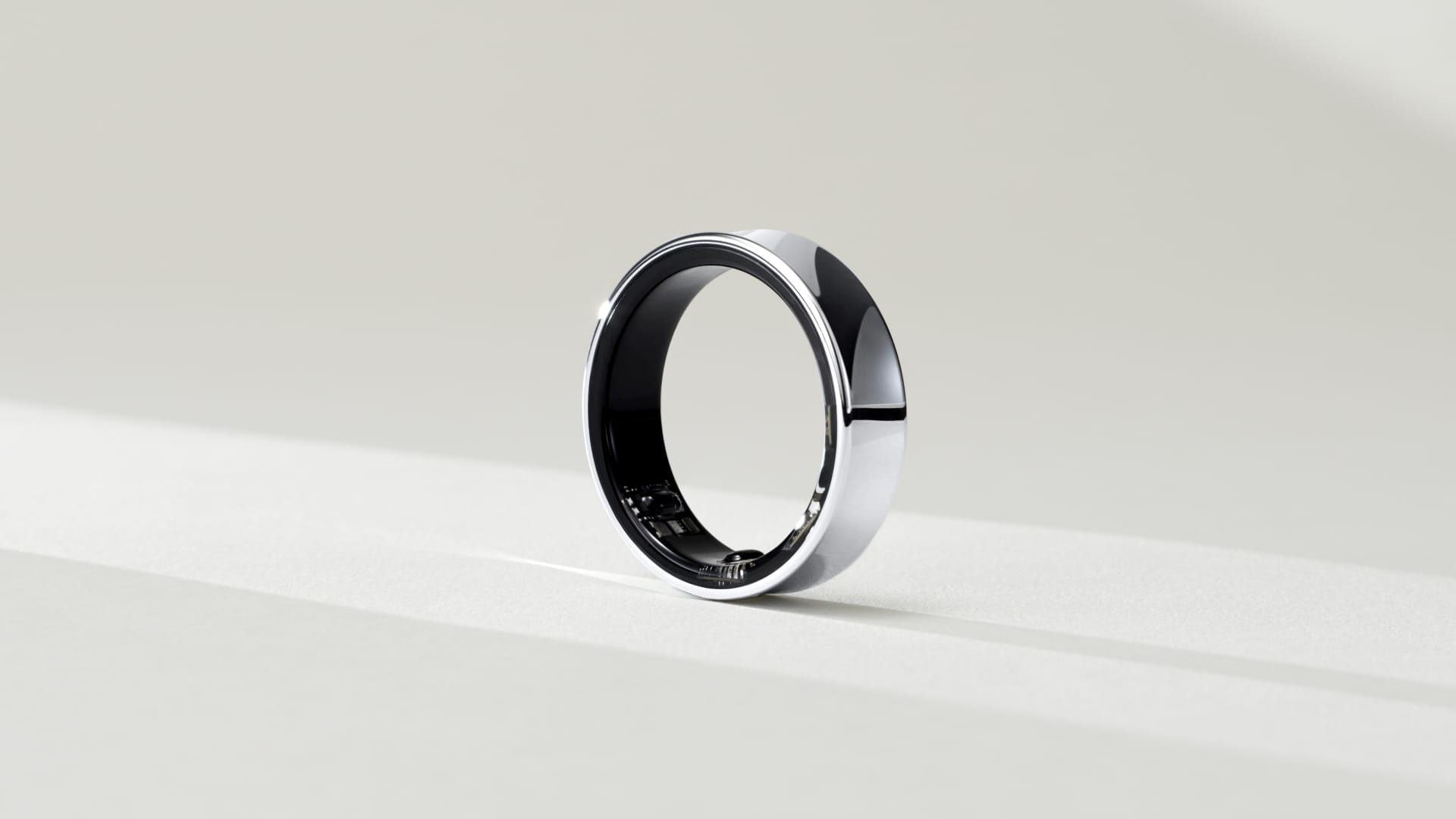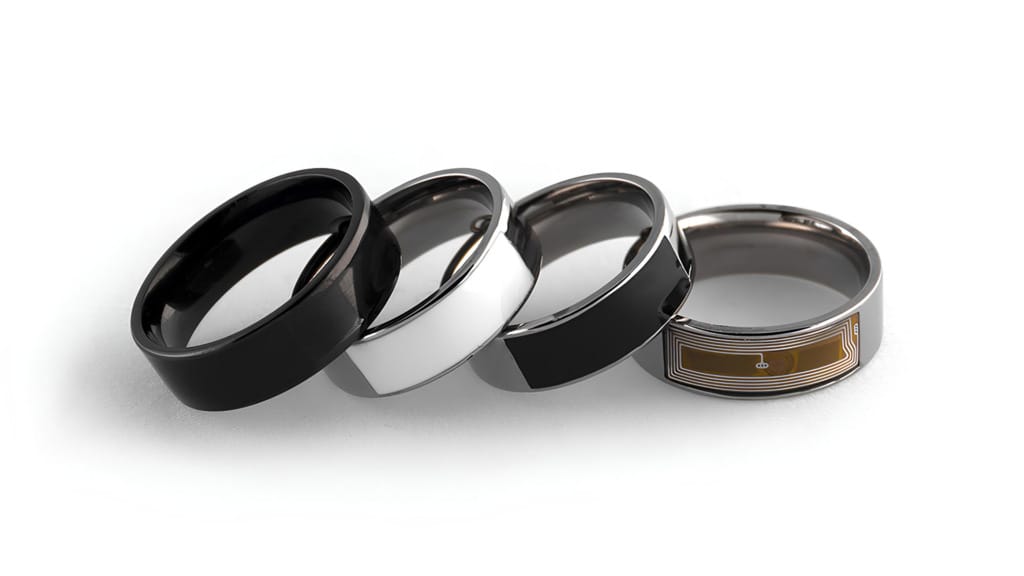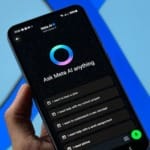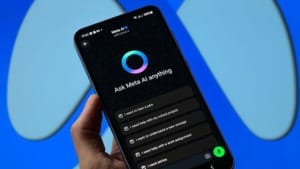Samsung’s Galaxy Ring: A leap into the future of wearables
Delve into Samsung's innovative Galaxy Ring, a wearable that promises to transform health monitoring even at home.

Samsung’s latest venture into wearable technology, the Galaxy Ring, is creating a buzz in the tech community. Revealed at the Galaxy Unpacked event, the Galaxy Ring is more than just a new product; it’s a glimpse into a future where technology seamlessly integrates with our daily lives.
Table Of Content
Experience the innovation: Hands-on with the Galaxy Ring
At the Mobile World Congress, a prototype of the Galaxy Ring was showcased, giving us a firsthand look at what Samsung has been crafting. The ring, available in platinum silver, ceramic black, and gold, is surprisingly lightweight and comes in sizes ranging from S to XL, catering to many users. Samsung has noted that the final version may see some alterations, indicating their commitment to perfecting this innovative device.
Pioneering health technology in a compact form
Samsung’s Galaxy Ring is set to revolutionise how we monitor our health through wearable technology. Dr. Hon Pak, the Vice President of Digital Health at Samsung, revealed that while the exact sensors within the ring are yet to be disclosed, they will offer insights into various health metrics like sleep, heart rate, and respiratory patterns.
This foray into health technology is bolstered by Samsung’s collaboration with Natural Cycles, known for their work in period and fertility tracking. This partnership, which extends from the Galaxy Watch series to the Galaxy Ring, places Samsung in direct competition with established brands like the Oura ring.

An exciting addition to Samsung’s health tech arsenal is the introduction of the My Vitality Score in their Health app. This innovative metric, developed in collaboration with the University of Georgia, will incorporate sleep quality, activity levels, resting heart rate, and heart rate variability to provide a comprehensive health overview. While initially available on the Galaxy Watch 6, it necessitates using a Galaxy S24-series phone.
Envisioning a future of integrated ambient sensing
The Galaxy Ring is part of Samsung’s broader vision for the future of wearable technology. Dr. Pak described this as an ecosystem of ambient sensing that goes beyond traditional wearables. The idea is to create a network of devices, including rings, watches, and home appliances, to offer a more holistic view of health and well-being.
This ambient sensing ecosystem aims to reduce the reliance on single devices and offers a more integrated approach to health management. The concept is about collecting data and creating a supportive system that understands and aids individual health goals.
In summary, Samsung’s Galaxy Ring is not just a new piece of technology; it’s a symbol of the future of wearables. With its sleek design, advanced health monitoring capabilities, and role in a larger ambient sensing ecosystem, the Galaxy Ring is poised to change how we interact with technology in our everyday lives. Its successful launch could pave the way for a new era of integrated, supportive, and unobtrusive technology in health management.
















